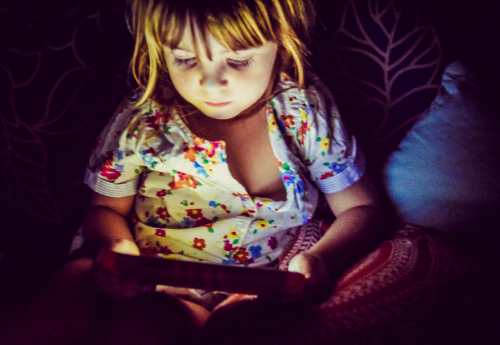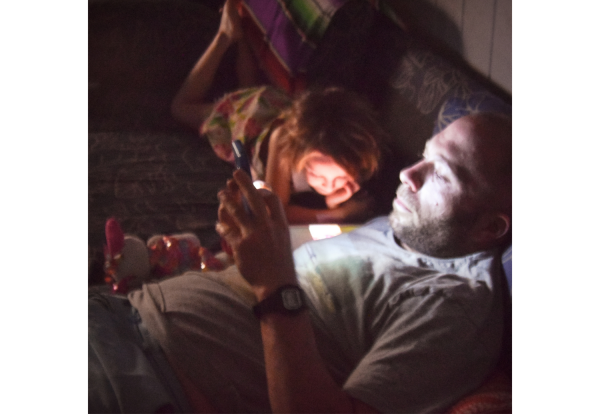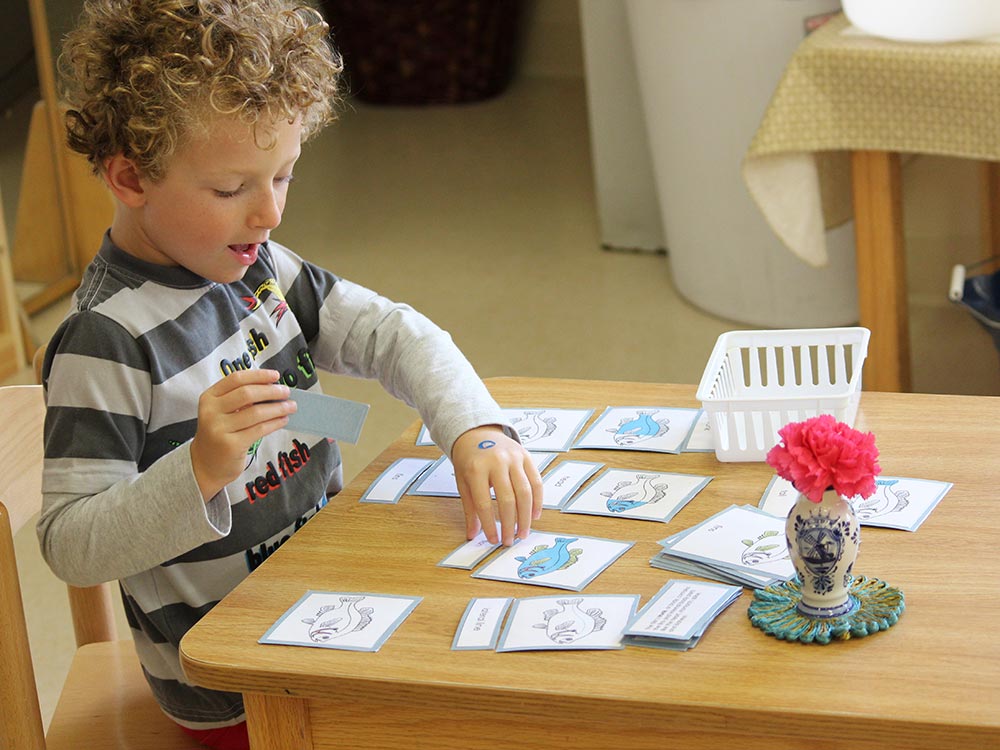Unveiling Screenception: The hidden culprit eroding the precious bond between parents and children - brace yourself for eye-opening insights!
It’s no secret that screens have become an integral part of our lives. From smartphones to tablets, televisions to laptops, screens surround us at every turn. While they undoubtedly offer numerous advantages, have you ever stopped to consider the potential harm they could be causing to our most important relationships?
In this blog post, we’ll explore the detrimental impact of screens on the parent-child bond.
By delving into specific ways in which screens disrupt this essential connection, we hope to shed light on the urgency of addressing this issue. It’s time to take a closer look at how screens are transforming our parent-child relationships, and what we can do to preserve and strengthen the precious bond with our children.
Detachment from Genuine Communication
Have you ever noticed how screens can quickly turn a simple conversation into a detached interaction? Screens have become distractions that hinder sincere communication between parents and children. How often have you tried to have a heart-to-heart conversation with your child, only to have their attention diverted by the glow of a screen?

With screens stealing the focus, active listening becomes a lost art. Instead of fully engaging with our children, we find ourselves half-listening, responding with generic phrases while our eyes remain glued to the screen in our hands. The warmth, empathy, and connection that comes from truly being present in a conversation are lost as screens replace meaningful interactions.
Moreover, screens have introduced a new layer of complexity that did not previously exist. Virtual relationships are taking precedence over real-life connections. Instead of engaging in face-to-face conversations, both parents and children are becoming more reliant on online interactions. This shift is harming the depth and quality of our conversations and threatening the intimacy of the parent-child bond.
Interference with Quality Time and Bonding Activities
Shared spaces and moments that were once dedicated to quality time are now infiltrated by screens. Family meals and recreational activities are becoming increasingly dominated by screens, leaving little room for genuine bonding. The buzz and distraction of screens prevent us from fully immersing ourselves in each other’s company and savoring those precious moments.
Screens may be multiplying, but the parent-child connection is priceless. Unplug and be present, because the moments lost on screens can't be regained. #Screenception sabatoges the bonds we cherish.
Traditions that were once cherished, such as reading bedtime stories, playing board games, or embarking on outdoor adventures, are being sidelined by screens. These activities are gradually losing their significance as screens steal our attention, reducing the opportunities for the parent-child bond to flourish.
Perhaps even more concerning is the trend of parents prioritizing screens over quality time with their children. Parents who are consumed by their own screen distractions send a clear message — screens matter more than their offspring. This inadvertent promotion of screens as a priority is damaging the parent-child bond and distorting children’s perception of their value and importance.
Impaired Emotional Connection and Empathy
Children naturally seek emotional support from their parents in times of distress. However, screens, which conveniently provide an escape from reality, are increasingly replacing parental comfort and empathy. Instead of offering a listening ear or a reassuring hug, parents may resort to quick-fix distractions on screens to pacify their children.
Non-verbal cues play a crucial role in understanding and empathizing with one another. Unfortunately, screens strip away these vital cues, leaving behind emotional hollows. Facial expressions, body language, and the subtleties of tone are lost when screens take precedence over in-person interactions. As a result, children may struggle to feel truly understood and supported by their parents.
Furthermore, the rise of virtual relationships has led children to seek emotional validation from online sources rather than their own parents. This troubling shift compromises the emotional connection between parent and child, replacing it with an artificial substitute that undermines the bond’s authenticity and strength.
Modeling Unhealthy Technology Habits
Our actions speak louder than words, and as parents, we hold immense influence over our children’s development. Excessive screen usage on our part can shape our children’s own relationships with technology and hinder their ability to develop healthy screen-time habits.

When parents consistently prioritize screens over their children, sending the message that screens are more important, it distorts their perspectives. Children may grow up valuing screen distractions over genuine human connections, resulting in a generation disconnected from the core aspects of meaningful relationships.
It is crucial that we set positive examples for our children by demonstrating a healthy balance between screens and genuine parent-child connection. By doing so, we can help them develop a healthier relationship with technology and protect the integrity of the parent-child bond.
Conclusion
The impact of screens on the parent-child bond cannot be underestimated. While screens offer numerous benefits, they also pose a significant threat to our most valuable relationships.
However, by recognizing the detrimental ways in which screens disrupt communication, interfere with quality time, impair emotional connection, and model unhealthy habits, we can take proactive steps to address these challenges.
It is time to reclaim the deep and meaningful bond we share with our children. By prioritizing genuine communication, protecting quality time, nurturing emotional connection, and modeling healthy screen habits, we can forge a brighter and more balanced future for our parent-child relationships.
Together, let’s break free from the clutches of screens and rediscover the joys and fulfillment of a strong and unbreakable parent-child bond.
Break free from the clutches of screens with
Montessori Learn-Through-Play System
- Fighting Over Screen Time? Try This 30-Minute Mom-Friendly System Instead!
- From Bored to Engaged: Discover the Secret to Keeping Your Child Entertained
- Complete Learning Package: A Comprehensive Hands-On Learning System For 2-6 Year Olds!
- Unlock the Power of Tomorrow: Transform Your Child's Skills Today!
- Set For Success! Scientifically-Backed System For Holistic Development And Lifelong Achievement.

